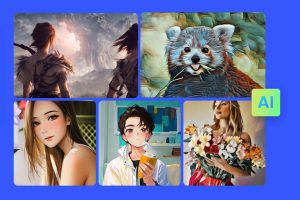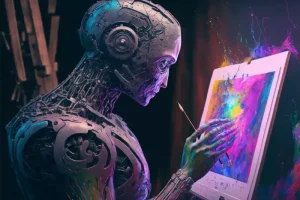Visual search technology has evolved significantly, making it easier than ever to find images online. But is there an AI that will search for images efficiently and accurately? AI-driven tools are transforming how users discover images, whether through search engines, reverse image searches, or AI-powered assistants. This article explores the best AI-driven image search tools, how they work, and their impact on content discovery.
The Evolution of AI-Powered Image Search
How AI is Changing Image Search
AI is revolutionizing how people search for visual content. Instead of relying solely on text-based keywords, Ai That Creates Images tools analyze images, recognize patterns, and deliver highly relevant results. AI image search engines use machine learning, neural networks, and deep learning models to:
- Identify objects, people, and landscapes
- Enhance search accuracy based on user preferences
- Recognize and categorize similar images
- Improve image recommendations over time
Why AI Image Search is Growing in Popularity
The demand for AI-driven image search tools is increasing for several reasons:
- More accurate search results – AI can recognize specific objects or themes within images.
- Improved accessibility – AI-based visual search helps users with disabilities find content faster.
- Enhanced creative workflows – Designers, marketers, and photographers use AI tools to locate the right visuals effortlessly.
- Advanced reverse search capabilities – AI can identify the source and context of an image better than traditional search engines.
Given these advancements, many users are asking: is there an AI that will search for images efficiently across multiple platforms? The answer lies in AI-powered search engines and creative tools.
Recommended reading:
What Ai Does Not Have Any Restrictions On Image Generation
How To Remove Ai From Image Serching
The Best AI-Powered Image Search Tools
Google Lens: AI Visual Search by Google
Google Lens is one of the most powerful AI-driven image search tools available. It allows users to search for images by simply pointing their phone’s camera at an object. Features include:
- Real-time object recognition – Instantly identifies objects, landmarks, and text.
- Reverse image search – Finds similar images and related information.
- Shopping and translation assistance – Helps users find products and translate text within images.
For those wondering is there an AI that will search for images with real-time capabilities, Google Lens is a top choice.
Bing Visual Search: Microsoft’s AI-Powered Image Search
Bing Visual Search is another AI-powered tool that helps users find images based on objects within a picture. Its key features include:
- Smart object detection – Identifies specific elements within an image.
- Related image suggestions – Provides alternative images based on the original search.
- Reverse image lookup – Tracks the source and context of an image.
Microsoft’s AI-driven approach ensures users get more accurate and visually similar results.
Suggested for you:
- Can You Use Ai Generated Images For Public Media
- Ai Write A Childrens Book With Ai Pictures
- Ai Image Generator To Create A Webtoon Story
Dall-E Generate: AI-Powered Image Discovery
Dall-E Generate is an advanced AI tool that not only generates images but also helps users discover and refine image searches. While it primarily creates AI-generated artwork, it also enables:
- Smart image refinement – Users can modify image searches to better match their needs.
- Conceptual image generation – AI interprets user inputs and delivers highly relevant visuals.
- Creative assistance for artists and designers – Helps users find inspiration based on AI-generated recommendations.
If you’re asking is there an AI that will search for images while offering creative customization, Dall-E Generate is a powerful option.
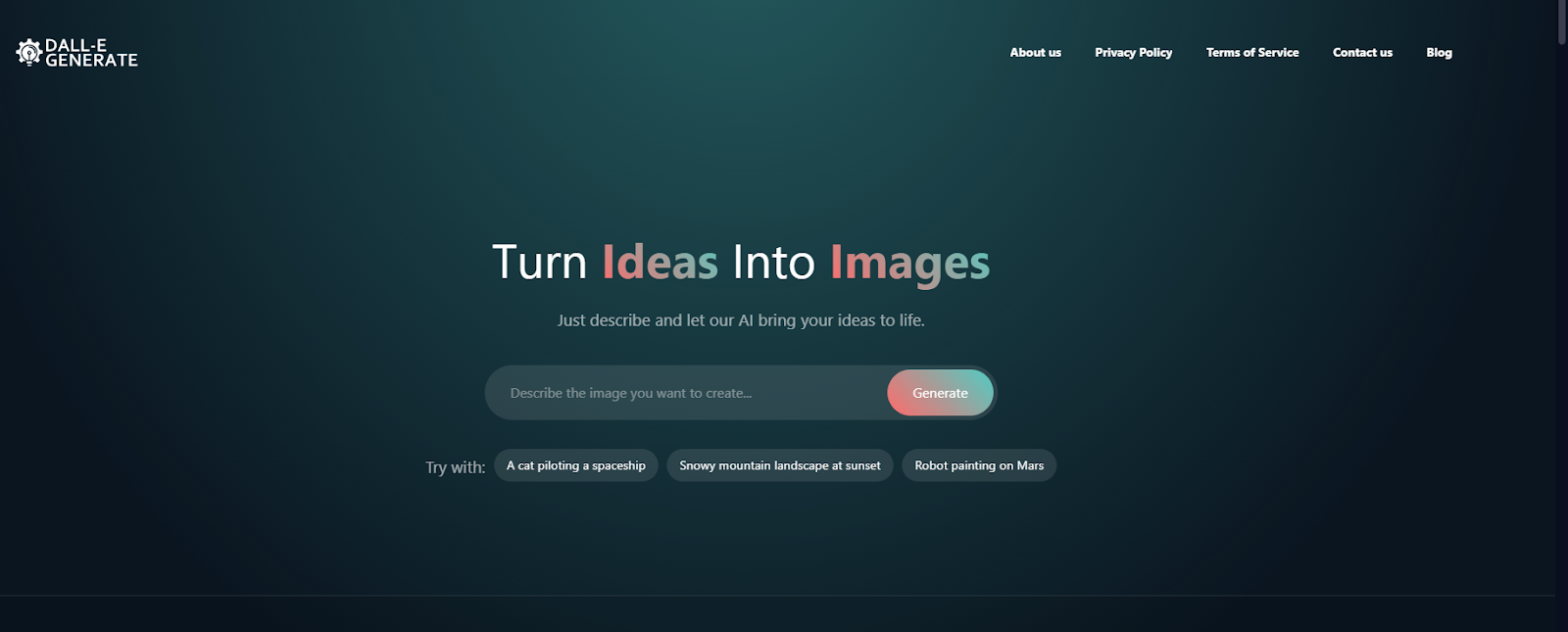
Yandex Image Search: A Lesser-Known AI Alternative
Yandex, the Russian search engine, provides AI-driven image search capabilities similar to Google and Bing. Its features include:
- Detailed reverse image search – Finds exact and visually similar images.
- Recognition of faces, objects, and locations – Provides context-based results.
- Cross-platform compatibility – Works across various devices and browsers.
Yandex is a great alternative for users seeking diverse image search results outside mainstream search engines.
Other recommended reads:
- Ai Image Generator With No Restrictions
- Ai Image Generator How To Get Night Shots
- Ai Image Generator Can’T Make It Night
- What Are The Benefits Of Text To Ai Images
How AI Image Search Works
Deep Learning and Neural Networks in Image Recognition
AI image search tools rely on deep learning and neural networks to analyze and categorize images. These systems:
- Process millions of image data points – AI learns from vast datasets to improve search accuracy.
- Identify complex patterns – Recognizes colors, shapes, textures, and object relationships.
- Predict user preferences – AI refines search results based on past interactions.
The integration of deep learning allows AI tools to deliver more accurate and meaningful image search results.
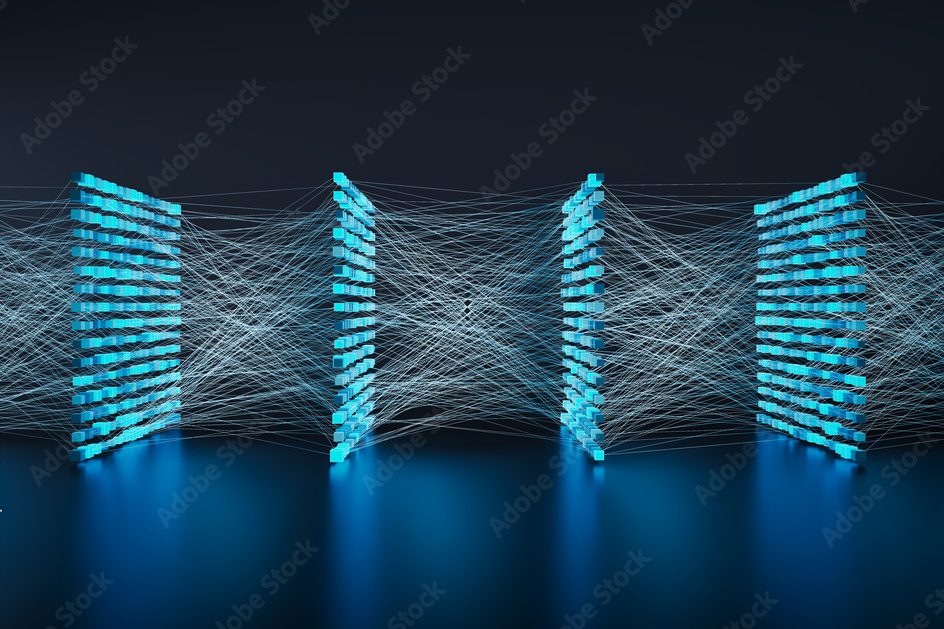
Reverse Image Search: Finding Sources and Similar Images
Reverse image search is a major function of AI-powered search engines. Instead of entering text, users upload an image to:
- Identify the original source – Helps track copyright information.
- Find similar images – AI suggests visually related content.
- Detect edited or AI-generated images – Helps verify the authenticity of an image.
With AI, reverse image search tools have become more precise, allowing users to retrieve highly relevant results.
Ethical Considerations in AI Image Search
Privacy Concerns with AI-Based Image Searches
AI-powered image search tools raise privacy questions, such as:
- Tracking user interactions – Search engines may store image queries.
- Facial recognition issues – AI can identify individuals in photos without consent.
- Copyright concerns – AI-generated images may raise intellectual property disputes.
Users should be aware of privacy policies when using AI-powered search tools.

AI-Generated vs. Real Images: The Line Between Authenticity and Creation
As AI-generated images become more common, distinguishing between real and AI-created visuals is crucial. Challenges include:
- Deepfake detection – AI can create highly realistic yet false images.
- Authenticity verification – Watermarks and metadata can help determine if an image is AI-generated.
- Content moderation – Search engines must balance AI-generated content with ethical concerns.
Understanding these ethical issues helps users navigate AI-powered image search responsibly.
The Future of AI in Image Searching
AI-Powered Image Search Will Continue to Evolve
AI’s role in image search is expected to grow, with innovations such as:
- Improved real-time search capabilities – AI will recognize and analyze images even faster.
- More personalized search results – AI will refine results based on user behavior.
- Enhanced image authenticity verification – AI tools will detect manipulated or AI-generated images more effectively.
These advancements will make AI-powered image search even more efficient and user-friendly.
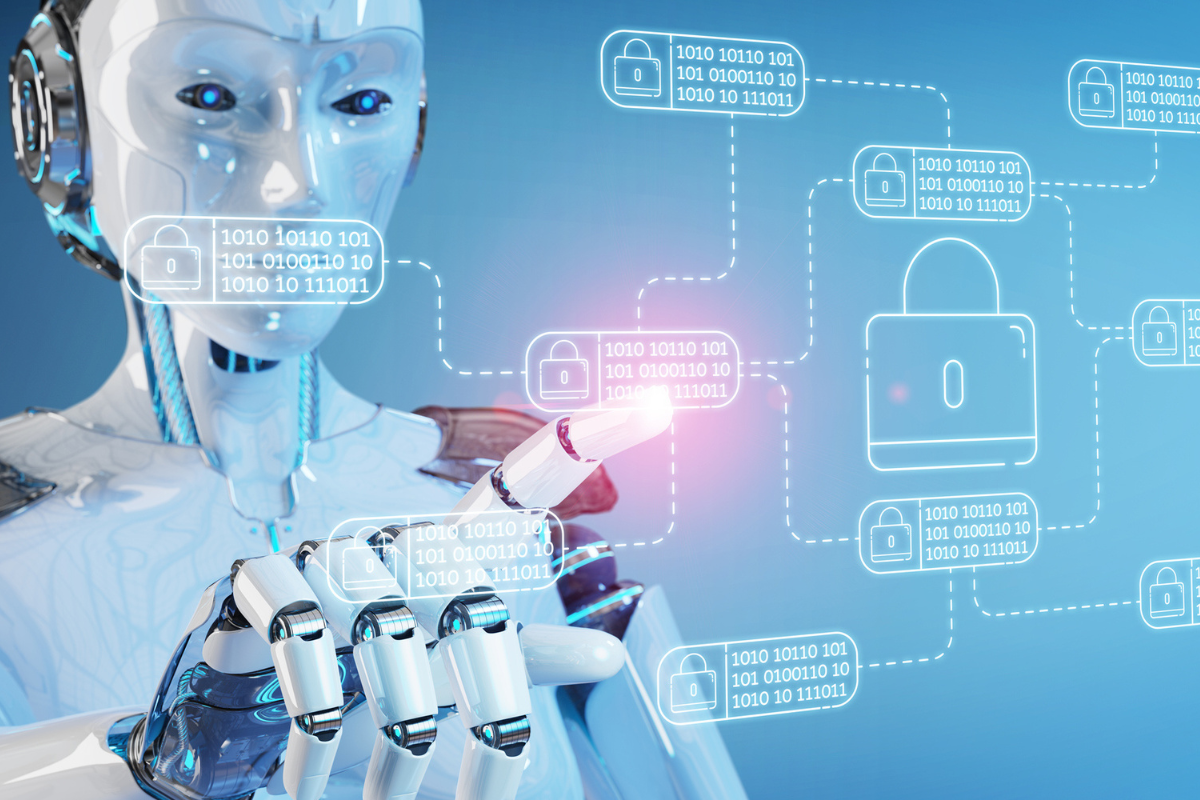
Will AI Replace Traditional Image Search Methods?
While AI enhances image search, traditional keyword-based search methods will still be relevant. The combination of AI and traditional search will offer:
- More accurate and diverse results
- Greater accessibility for users with different needs
- Better content discovery across multiple platforms
The future of AI in image search will likely be a blend of AI-driven and traditional search techniques.
Conclusion
For those asking is there an AI that will search for images, the answer is a resounding yes. AI-powered tools like Google Lens, Bing Visual Search, Dall E Ai Generator, and Yandex are transforming how users find and interact with images. These technologies improve search accuracy, enhance creative workflows, and provide new ways to discover visual content.
As AI continues to evolve, image search will become more intuitive, personalized, and efficient. Whether for research, design, or everyday use, AI-driven image search tools offer a smarter way to navigate the visual world.



